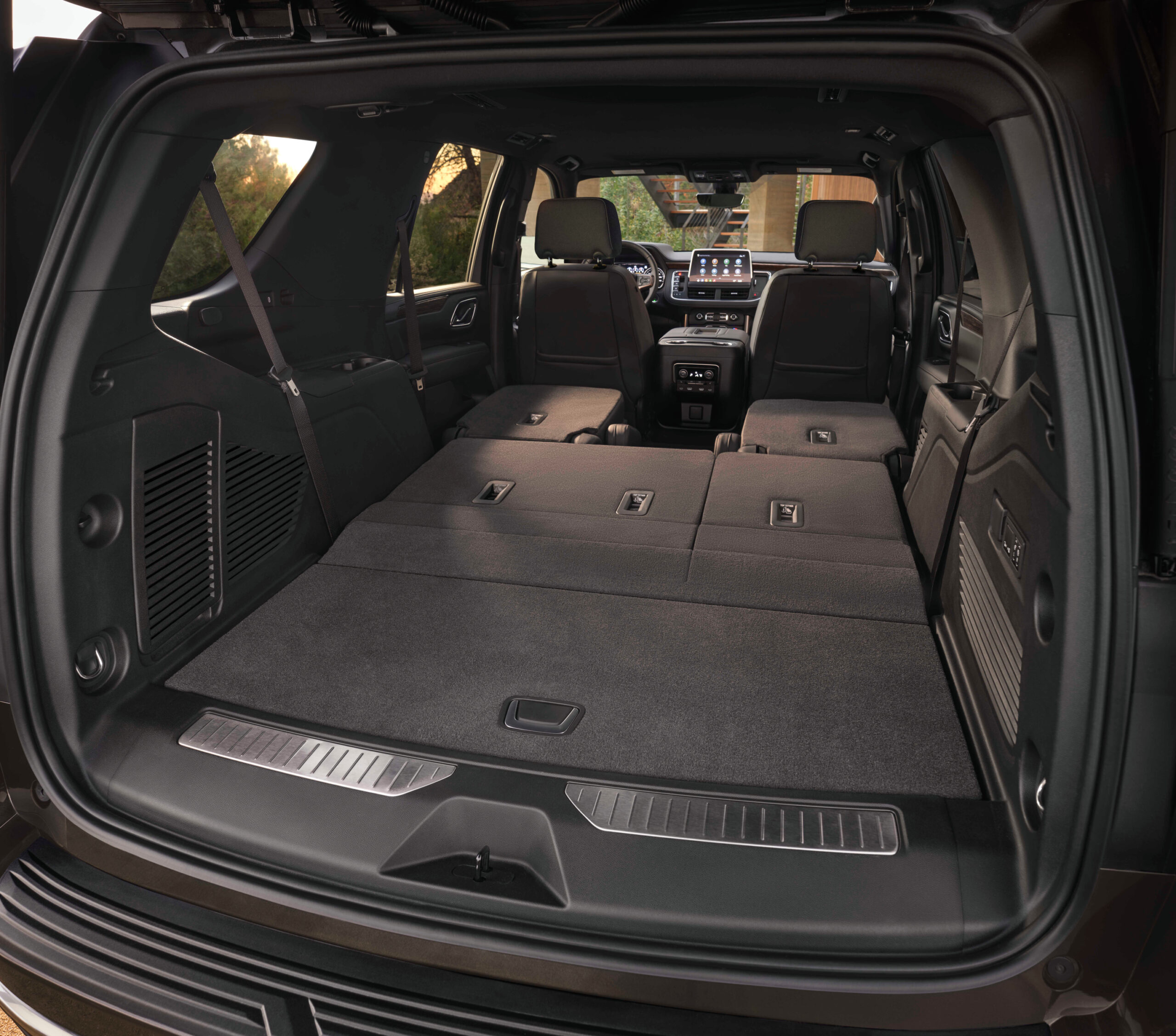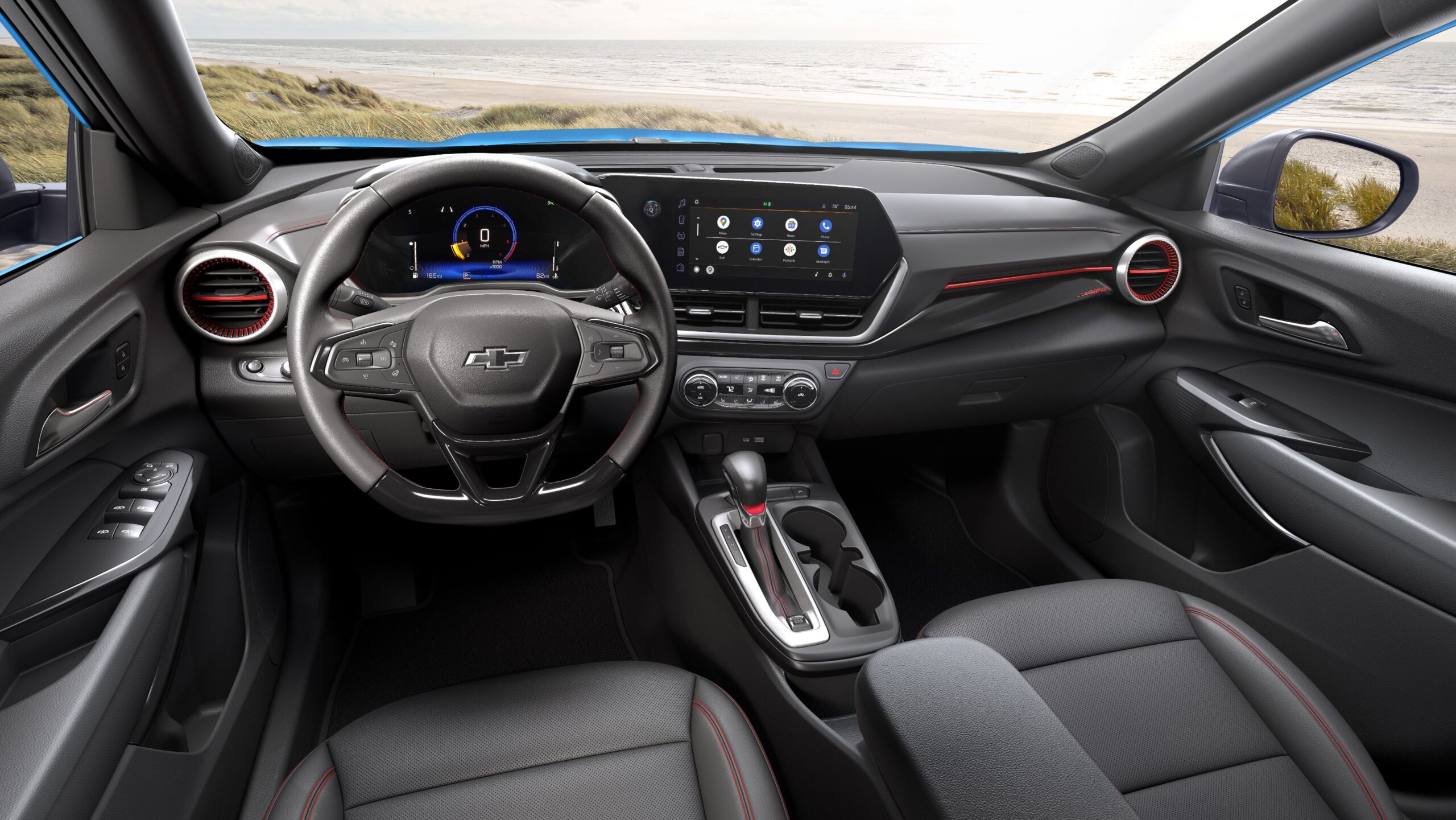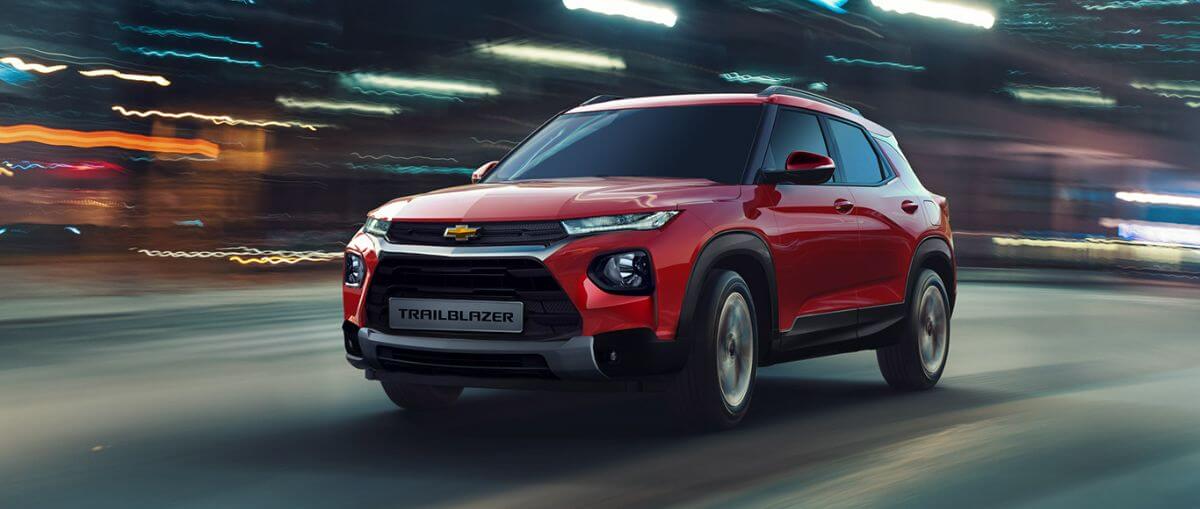Overview
- When deciding between a crossover and an SUV, it’s important to consider your driving needs and lifestyle.
- Whether you value agility and efficiency or power and durability, Chevrolet provides options to suit both city drivers and outdoor adventurers.
Are you gearing up to buy your next family car? There are many popular options in the market today that can provide you with a balance of comfort and performance. However, among the options available, you may be wondering about the difference between crossover and SUV. Knowing these distinctions would help in making the right choice for your lifestyle, whether you’re navigating city streets or exploring the great outdoors.
Chevrolet, a trusted and reliable brand, offers a wide range of both crossovers and SUVs to cater to various preferences and needs. Whether you’re looking for something agile or capable and spacious, we have you covered.
What is a Crossover?
These vehicles combine the features of cars and SUVs, designed for urban driving and small family needs in mind. With their lighter weight and aerodynamic shape, they also tend to offer better fuel efficiency, perfect for daily commutes. The driving experience is smooth, offering stability and handling similar to that of a car, which is ideal for navigating city streets.
A perfect example of a crossover is the Chevrolet Tracker, which combines style, efficiency, and modern technology to meet the demands of urban living.
What is an SUV?
Designed to offer a combination of comfort and rugged capability, these vehicles like the Chevrolet Tracker are built to handle both urban and off-road conditions. Larger than a crossover, they offer spacious interiors with ample room for passengers and cargo. This makes them suitable for big families or those who need extra storage.
The higher ground clearance helps them easily navigate rough surfaces, while many models feature four-wheel drive (4WD) systems for better traction in difficult conditions. Inside these vehicles often come with flexible seating options, including configurations that accommodate up to three rows of seats.
Head-to-Head Comparison: Crossover vs SUV

Deciding between a crossover and an SUV requires understanding their core differences. Both types offer unique strengths, but how they measure up in specific areas can make a big difference in your experience.
Construction
Crossovers are built with a unibody design, meaning the body and frame are combined into one structure. This makes them lighter, improving fuel efficiency and providing a smoother ride, especially in city driving.
On the other hand, SUVs use a body-on-frame design, where the body is attached to a separate chassis. This makes them stronger and more durable, perfect for tasks like towing and off-roading. The rigid frame of SUVs allows them to handle rough terrain and heavy loads better than crossovers. While crossovers are great for everyday driving, SUVs are built to handle tougher conditions and more demanding activities.
Size and Space
Generally more compact, crossovers like the Tracker, are well-suited for city living. Despite their smaller size, they often offer a surprisingly spacious interior, with enough room for up to five passengers and flexible cargo options.
In comparison, SUVs like the Chevrolet Trailblazer are larger, providing ample room for passengers, often seating seven or eight people comfortably across three rows.
They also offer more cargo space, making them ideal for families or those who need to transport heavy loads. Their bulkier size though can make it harder to maneuver in tight spaces.
Performance
Crossovers are designed for on-road driving, offering a smooth and comfortable ride that’s similar to a car. Their lightweight and unibody construction makes them easier to handle in city traffic While they handle well on paved roads and can manage light off-roading, they’re not built for tougher terrains due to lower ground clearance and less power.
In contrast, SUVs are built to handle rough off-road conditions, Their stronger body-on-frame design and higher ground clearance allow them to tackle dirt roads, rocky paths, and steep inclines with ease, making them ideal for outdoor adventures and towing.
How to Choose What’s Right For You
For city driving, a crossover is a great option due to its smaller and sleeker frame, better fuel efficiency, and easier maneuverability in traffic and tight parking spaces. If you often drive on rough terrain, an SUV’s higher ground clearance and rugged build make it more suitable for challenging conditions.
For families, crossovers are perfect for smaller households, offering flexible seating for up to five passengers and adequate cargo space. However, SUVs can accommodate larger families with more seats and cargo capacity making them better for long trips or hauling gear.
If fuel efficiency is a priority, crossovers typically offer better mileage, but there are also fuel-efficient hybrid SUVs to consider if you need the power and space on an SUV.
Why Chevrolet Has the Perfect Fit For You

Chevrolet offers a range of vehicles to fit different lifestyles and needs. The Tracker is a fantastic crossover option if you’re searching for a little, effective vehicle. Its compact size allows for easy maneuverability through city streets while still offering ample room for both passengers and cargo. With features like lane departure warning, automatic emergency braking, and a fuel-efficient engine, it’s perfect for both daily drives and weekend trips.
For those needing a tougher vehicle, the Trailblazer is designed for off-roading and has safety features like a frontal collision alert for individuals who require a sturdier vehicle. Whether you want a versatile crossover or a durable SUV, Chevrolet ensures there’s a vehicle that fits your needs.
Key Takeaway
Recognizing the difference between a crossover and an SUV will help you select the right vehicle for your needs. Chevrolet has a variety of options, from compact and efficient to rugged and spacious. With a strong focus on safety, comfort, and innovation, Chevrolet makes sure each drive is both enjoyable and secure. Visit a Chevrolet dealership today to test drive the vehicle that fits your lifestyle.

